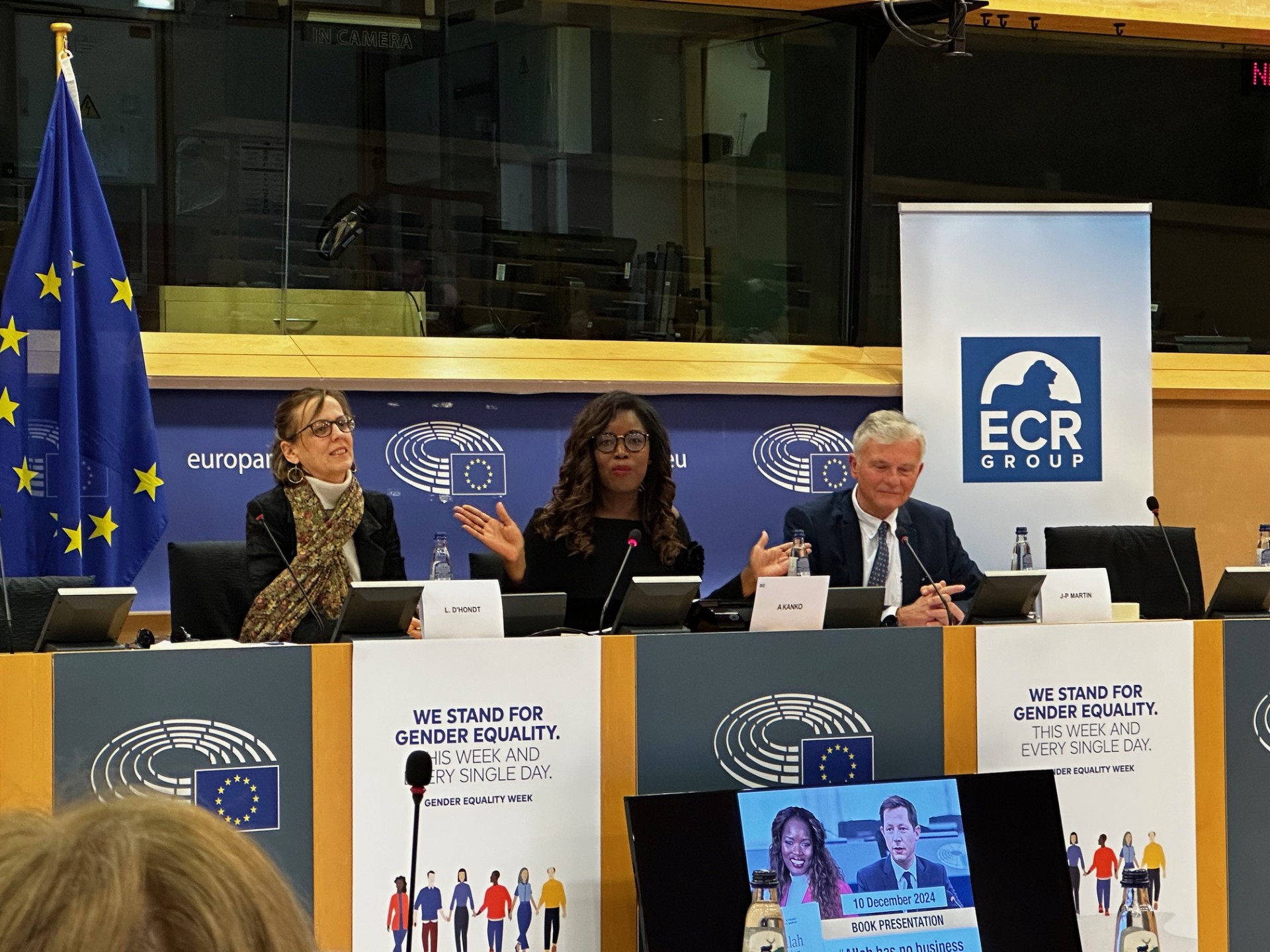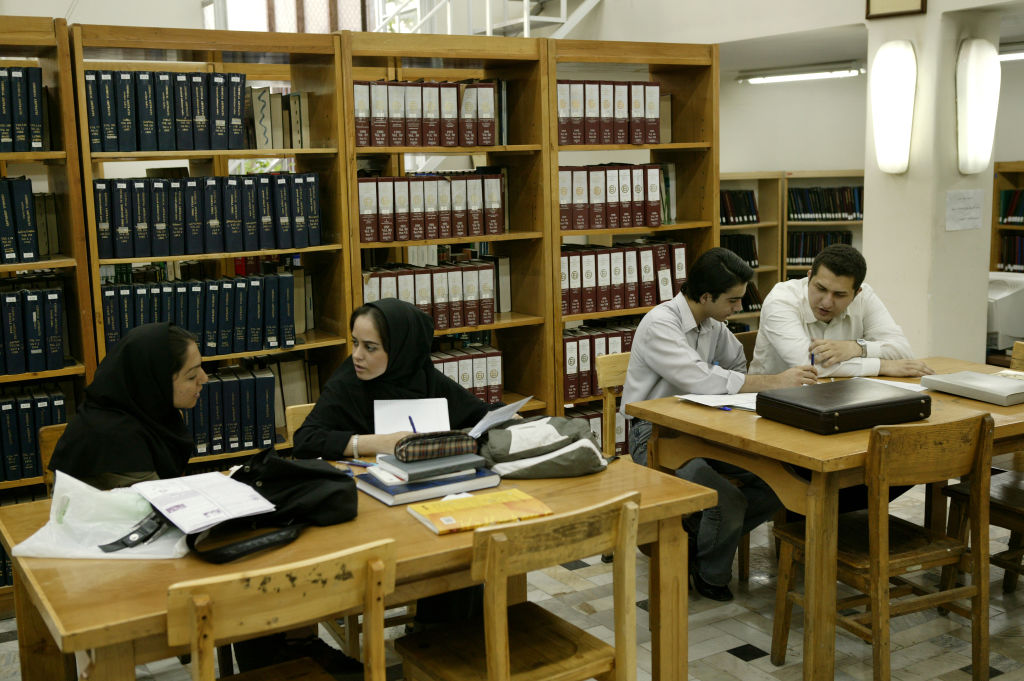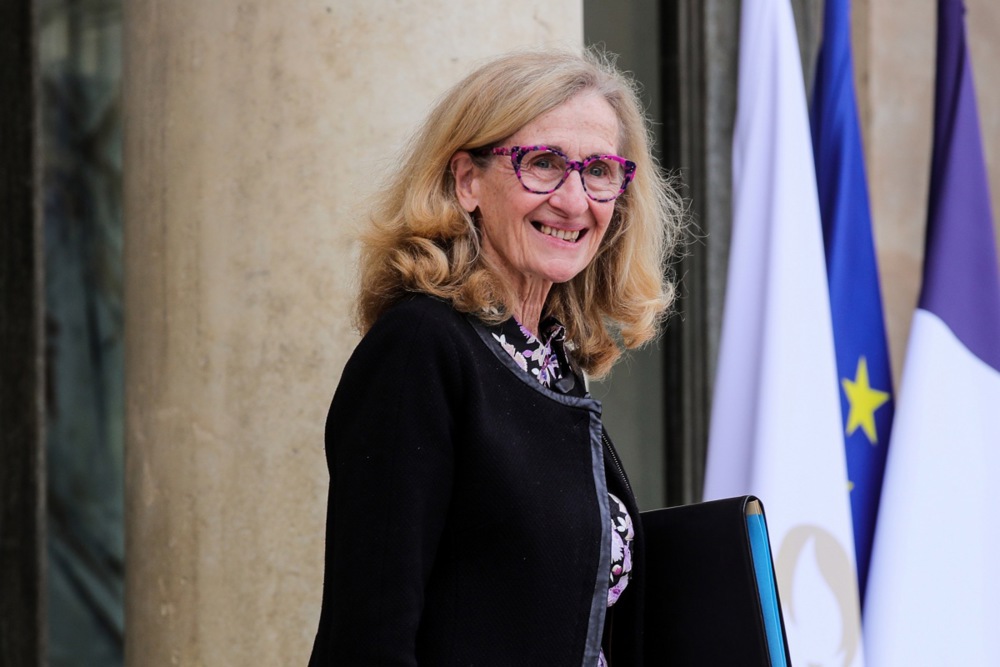In an explosive report by the French Government, the transnational Sunni Islamist organisation Muslim Brotherhood has been portrayed as “a threat that is spreading in a pernicious and progressive way”.
According to the report, the Muslim Brotherhood is a risk to national cohesion more potent than Salafism, a fundamentalist revival movement within Sunni Islam that advocated a return to the practices of early Islam.
The Brotherhood was described as an organisation aimed at promoting Islamism and “tipping over the entire society, an entire territory, into Sharia law”.
Because of this, the report revealed on April 9 stated, the body’s members distinguished themselves from “traditional” Salafists, who preferred creating small Islamists enclaves.
The Gouyette-Courtade report, commissioned last year and named after former French ambassador to Algeria, François Gouyette, and the former prefect of Paris and the Ile-de-France region who wrote it, was issued six months ago.
It is currently being declassified and some French media outlets, such as Le Point and L’Opinion, were able to have a preview.
It reportedly found that affiliates of the Muslim Brotherhood pushed their agenda secretly, via sports associations, religious associations, education and municipal elections, where elected officials would bow to so-called clientelism, a social order that depended on relations of patronage.
A security source told news outlet Le Point that local political leaders, prefects and agents of State would all be warned before the 2026 election if Muslim Brotherhood candidates were attempting to infiltrate candidate lists.
Up to 140 mosques were reportedly believed to have been in collusion with the Muslim Brotherhood, putting them in contact with around 100,000 Muslims.
France’s interior ministry has called the Brotherhood “the matrix of political Islamism”.
A source close to interior minister Bruno Retailleau told daily news outlet L’Opinion that there was a “threat of subversion” by Islamists, who “don’t wear beards” and “are gaining ground among ordinary Muslims”.
Cited as a key player was the Collective Against Islamophobia in France (CCIF), which was banned in the country but moved to Belgium under the name Collective Against Islamophobia in Europe (CCIE).
The report also named several schools in France that were, it said, entwined with the radical Islamist organisation, including the Averroès high school in Lille and the Al-Kindi high school in Lyon. They have both lost funding and recognition from the French Government.
According to the French interior ministry the Brotherhood worked via “Islamist entryism”: a political strategy where individuals or groups with Islamist ideologies infiltrated mainstream institutions such as schools, political parties, or social organisations, to promote their agendas and gradually influence or change the specific institution’s policies or culture from within.
The French Government said it now wanted to train departmental public officials to detect such behaviour in future.
The Muslim Brotherhood was reportedly under close surveillance in several European countries.
French Minister of Interior Bruno Retailleau has targeted what he referred to as “political Islam”, calling for a ban of the Islamic veil in French higher-education. https://t.co/yFXGEhiuBh
— Brussels Signal (@brusselssignal) January 8, 2025





